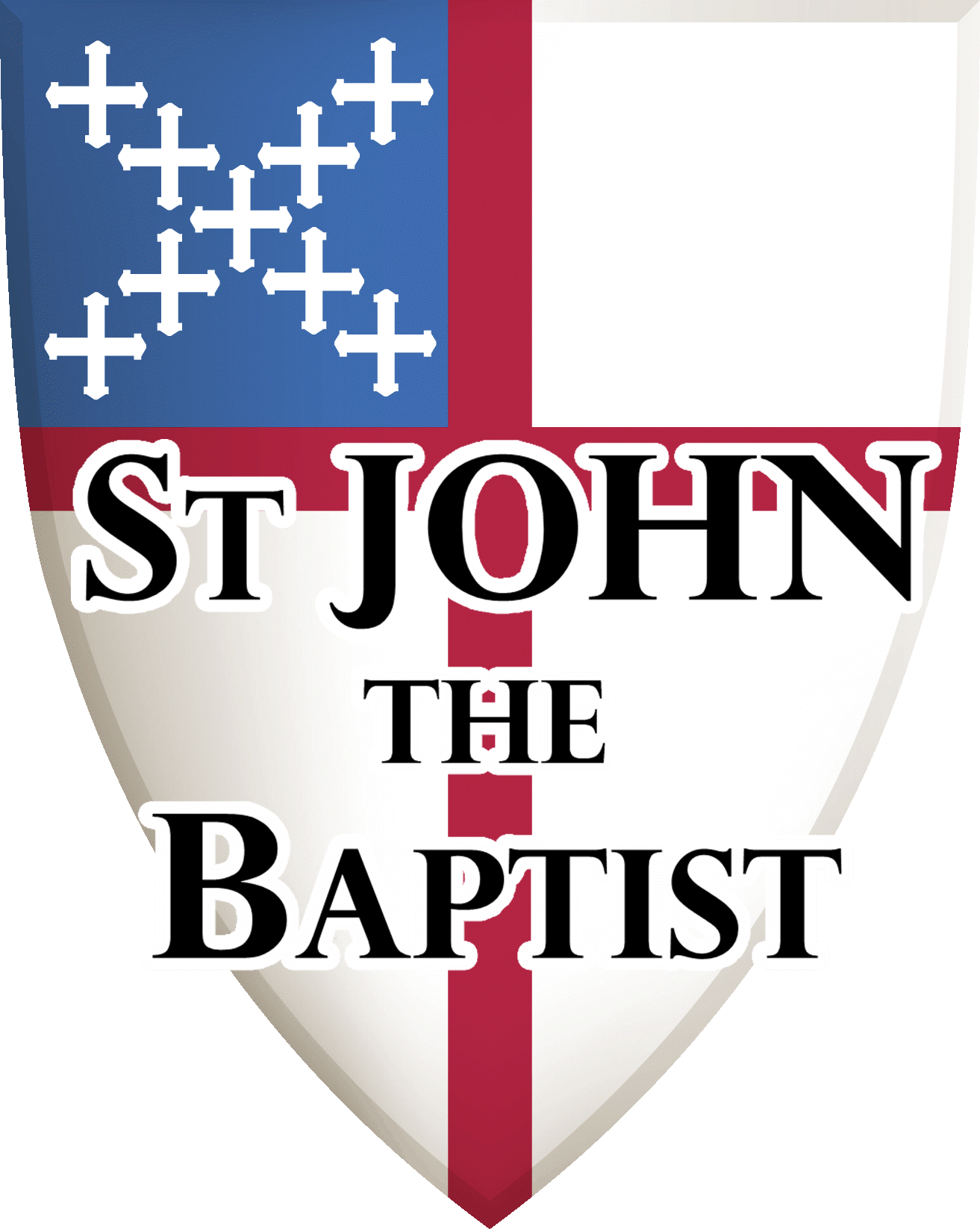Tonight we begin our sacred journey into the heart of God. Tonight we remember the sacred meal which Jesus shared with his beloved community, a sacred meal where he, the Paschal Lamb, gave himself to his disciples in the sacred signs of bread broken and wine poured out. Tonight Jesus comes to us as the Paschal Lamb, the Lamb given as food to nourish the community, the Lamb who strengthens the community, the Lamb who brings that community into the new covenant of faith and love.
On this night three images emerge from our readings: the Paschal Lamb, the sharing in our Lord’s Body and Blood, and foot washing Jesus. We heard the story of the Last Supper from Paul’s first letter to the Corinthians. You may have noticed the pattern of the Last Supper of the breaking of the bread of Jesus’ body, followed by a shared meal which ends with the sharing of the cup of Jesus’ Blood. Paul and Luke present this sequence unlike Mark and Matthew where the blessing of the cup immediately follows the breaking of the bread.
Paul recounts this sacred story of a shared meal to the Corinthian community whom he sees as divided among themselves.
While they profess a common faith in Jesus, they pay more attention to their unity based on the social connections they share outside the community. The Corinth community came from different social classes, different educational backgrounds. Some were slaves and others were free. When they gathered they connected with one another based on their common social bonds. Paul is calling them back to Jesus, the center of their unity. Jesus centers them in a communion deeper than the social status which separates them. Jesus centers them in their common faith which should lead them to their common life and their common love.
Every generation of Christians is challenged to discover Jesus as the center of their unity. Every generation of Christians is invited to see Jesus as the one who brings the community together. Paul’s invitation applies to us and his words need to be heard by our community. Our community comes from different cities, different social groups, different educational backgrounds. We have different skin colors, different accents, different talents. Some of us interact with each other in outside groups and we bond with each other in those different settings.
When we gather as the church we gather as Jesus’ disciples. Jesus centers us in our common faith, our common love for one another, our common calling as Christians. When we gather together, we are invited to leave behind those social distinctions which can divide us, those past affiliations which might attract us to this one and not that one. The humble foot washing Jesus shows us the way into this shared live of mutual love.
For some of us, humility involves self abasement and humiliations. Jesus shows us that humility does not require us to put ourselves down. Humility means living in the truth of who we are and who our sisters and brothers are.
Jesus steps outside the socially constructed roles of his day and reveals his identity as this social revolutionary. In Jesus’ day, women servants were charged with washing the feet of guests who came for a banquet. Jesus takes off his outer garment to show himself taking off his socially defined role as teacher and Lord to become the servant of all.
Jesus invites us to follow his example. Following his example involves breaking the socially constructed roles in which we feel comfortable. Following his example involves relating to one another on the basis of our faith in our common calling, our mutual love for one another, our center in Jesus.
Unlike our relationships outside the church, our connections inside the church are deeper than friendships, deeper than shared social bonds, deeper than what connects us outside these walls. Our connections inside the church involve us in a search for Jesus among us, getting to know one another more deeply, living in the hearts of our sisters and brothers in this space, caring for one another in our needs and building up one another in love.
We are invited to become like the Paschal Lamb whose body we eat and whose blood we drink. We are invited to become Jesus, the food who nourishes us, the wine who delights us, the meal who strengthens us. As we share in our Lord’s sacred meal, as we become the body of Christ which we consume, may the Spirit open our eyes to see one another as Jesus. May the Spirit strengthen us to enter into new relationships with each other based on this Jesus centered love.
If we, who are nourished on the Body and Blood of Christ, can be so transformed here, imagine how deeply you can then change the world outside here.


